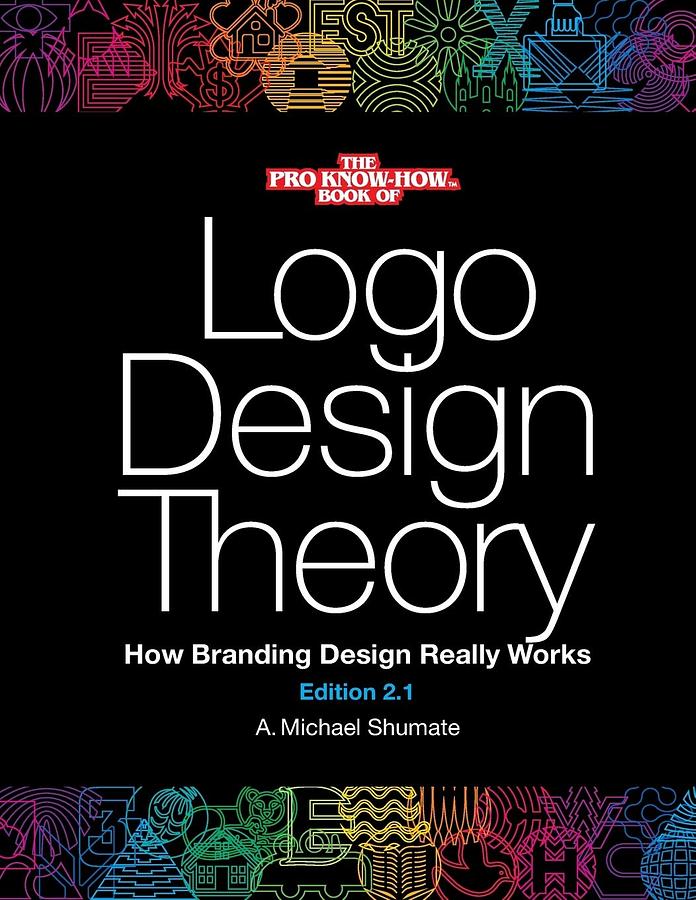內容簡介
內容簡介 The world famous branding designer, Ivan Chermayeff said of the first edition of Logo Design Theory, "At last somebody actually understands what identity design is all about and how it is accomplished."Logo Design Theory explains the underlying principles of logo design, branding design, corporate identity design with clear examples and logical text.Section 1: Foundational Principles of Graphic Design In our digital age many design schools concentrate so much on design software that some basic precepts may be missing from the curriculum. Here are some essential principles that have great impact on branding design.Section Two: Branding Fundamentals Understanding some basics of branding history, both ancient and recent, will give us perspective on branding design today.Section Three: Core Principles: Generating Concepts Better identities are created from a position of wealth of concepts rather than just one or two concepts. A proven method to develop more and better corporate identity concepts.Section Four: Core Principles: Seven Deadly Sins of Logo Design Several common approaches to identity design prevent an identity from working in ways that every identity should be able to work.Section Five: Core Principles: Visual Techniques Any given concept can be executed in virtually endless ways. These techniques can transform a common concept into an uncommon, or even remarkable final identity.Section Six: Core Principles: Color, Typographic & Spatial Issues Even superior designs can be undermined by poor color, typographic or spatial choices and how to prevent that.Section Seven: Implementing Core Principles of Identity Design Hundreds of current examples demonstrate the consequences of deviating from the Core Principles of Branding Design plus the benefits of redesigning to abide by them.Appendix 1: GlossaryAppendix 2: Logos by A. Michael ShumateIndex
